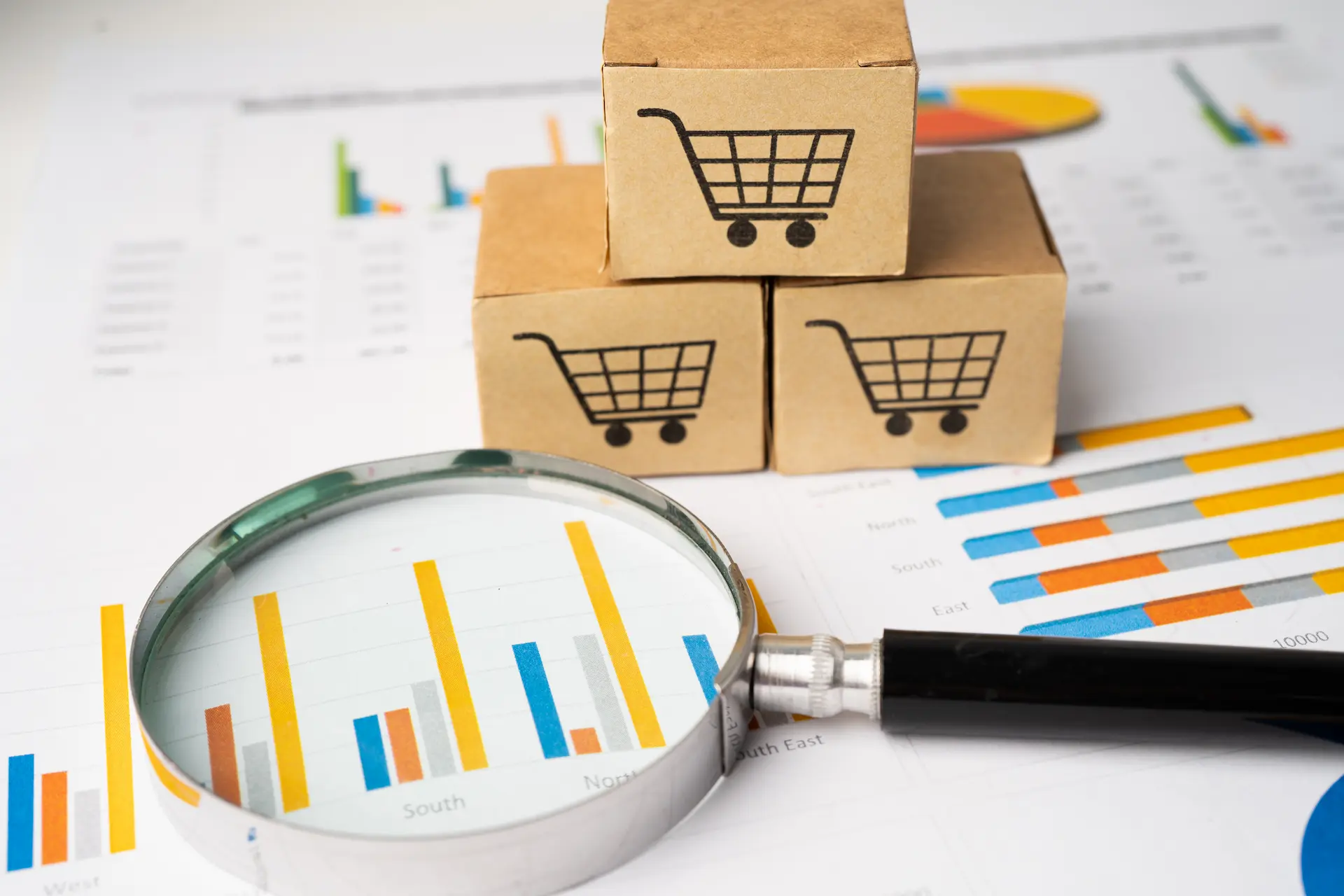Predictive Analytics in Retail: A Game Changer
Explore how predictive analytics is transforming the retail industry through demand forecasting, customer segmentation, and personalization.

- Written by
- Mihai Gheorghe
- Published on
- January 5, 2025
Predictive Analytics in Retail: A Game Changer
The retail industry is experiencing a revolution driven by predictive analytics. This case study examines how leading retailers are using advanced analytics to stay competitive.
The Power of Prediction in Retail
Predictive analytics uses historical data, statistical algorithms, and machine learning to identify the likelihood of future outcomes. In retail, this translates to:
- Better inventory management
- Personalized customer experiences
- Optimized pricing strategies
- Reduced operational costs
Case Study: Major Fashion Retailer
The Challenge
A leading fashion retailer struggled with:
- 30% of inventory becoming dead stock
- Inconsistent customer satisfaction
- Declining market share
The Solution
Implementation of predictive analytics across:
1. Demand Forecasting
- Analyzed 3 years of sales data
- Incorporated external factors (weather, trends, events)
- Achieved 85% forecast accuracy
2. Customer Segmentation
- Identified 8 distinct customer personas
- Tailored marketing campaigns
- Increased conversion rates by 23%
3. Price Optimization
- Dynamic pricing based on demand patterns
- Competitor price monitoring
- Improved margins by 12%
Key Technologies Used
Machine Learning Models
- Random Forests for demand prediction
- Neural networks for customer behavior analysis
- Time series analysis for seasonal trends
Data Sources
- Point of Sale (POS) systems
- E-commerce platforms
- Social media sentiment
- Weather data
- Economic indicators
Implementation Roadmap
Phase 1: Data Foundation (Months 1-3)
- Consolidate data sources
- Clean and prepare data
- Establish data governance
Phase 2: Pilot Programs (Months 4-6)
- Start with one product category
- Test predictive models
- Measure initial results
Phase 3: Scale and Optimize (Months 7-12)
- Expand to all categories
- Refine algorithms
- Integrate with operations
Results and ROI
After one year of implementation:
- 25% reduction in inventory costs
- 18% increase in sales
- 30% improvement in customer satisfaction scores
- ROI of 320% within 18 months
Lessons Learned
- Start Small: Begin with pilot projects to prove value
- Data Quality Matters: Invest in data cleaning and preparation
- Change Management: Train staff and adjust processes
- Continuous Improvement: Models need regular updates
Future Trends
The next wave of retail analytics includes:
- Real-time personalization
- Computer vision for in-store analytics
- Voice commerce optimization
- Sustainability analytics
Conclusion
Predictive analytics is no longer optional for retailers—it's essential for survival. Organizations that embrace data-driven approaches will thrive in the evolving retail landscape.
Want to implement predictive analytics in your retail business? Conresti's experts can help you get started.
Weekly newsletter
No spam. Just the latest releases and tips, interesting articles, and exclusive interviews in your inbox every week.